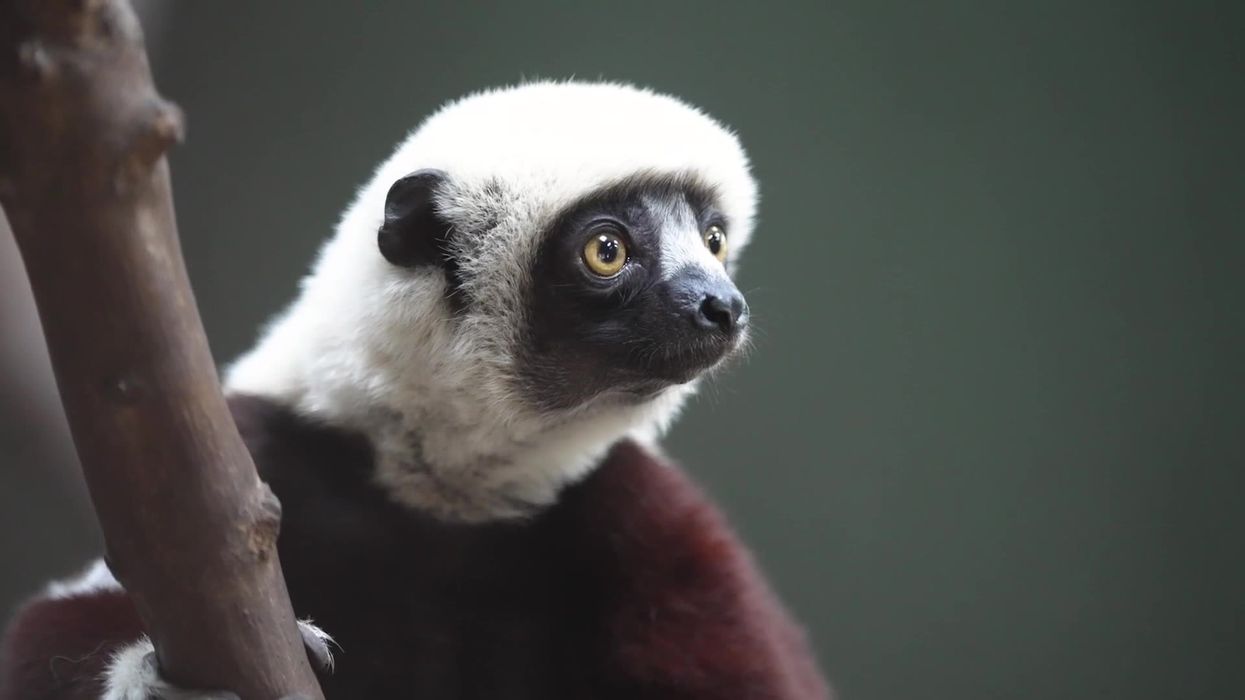News
Ellie Abraham
Dec 03, 2024
Rare newborn dancing lemur settles into home at Chester Zoo
TMX
Almost 1,000 animals that are considered endangered have been returned to Madagascar after a trafficking raid in Thailand.
With factors like climate change and habitat loss, the current rate of extinction is much higher than the natural rate. Add the illegal wildlife trade, which removes animals from their home, and things look very bleak for some species.
But in May this year, there was a bit of good news after authorities in Thailand seized 1,117 animals that had been smuggled by an international trafficking operation.
The animals they recovered were a mixture of various types of lemurs – endemic to Madagascar – and tortoises.
Authorities found species such as spider tortoises, radiated tortoises, brown lemurs and ring-tailed lemurs. Some were among the most endangered species in the world and were taken to be sold as exotic pets.
Now, 961 of the recovered animals are being repatriated to Madagascar where they came from and where they belong.
Experts say that had they not been recovered, they most likely would have died very quickly as pets, as their very specific natural habitats are difficult to replicate.
Not only that but not getting enough food or water often leads to malnutrition and stress, resulting in death. Unfortunately, some of the animals seized in May have since died due to their poor health.
However, a series of three flights will see 961 live rescued animals begin their repatriation journeys back to Madagascar.
Attapol Charoenchansa, the director of the Department of National Parks, Wildlife, and Plant Conservation, told CNN he believes the operation will act as a deterrent against wildlife trafficking.
“By conducting operations like this and broadcasting them globally, it shows that there are arrests and exchanges happening, making people worldwide aware that possessing these animals is not right,” Charoenchansa said.
“Some might think that if they have the money, they can buy and collect them, but that’s not the case.”
Sign up for our free indy100 weekly newsletter
How to join the indy100's free WhatsApp channel
Have your say in our news democracy. Click the upvote icon at the top of the page to help raise this article through the indy100 rankings
Top 100
The Conversation (0)














